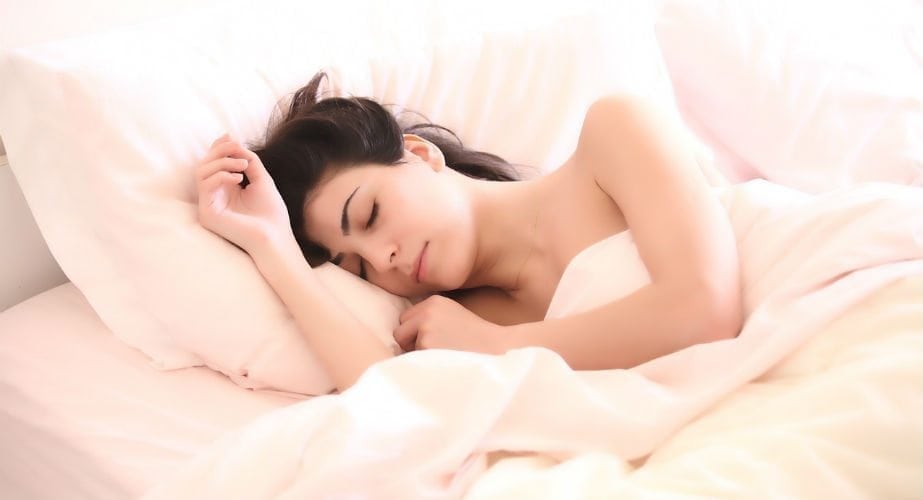Alarms, snooze buttons, weak coffee, traffic… there are so many reasons to loathe the morning routine. If you find yourself in a perpetual battle with your alarm clock, you might have type B chronobiology. Type B chronotypes are biologically inclined to hit the sheets later and wake up later than type As.
This cycle is seldom advantageous for adhering to societal expectations. Schools and businesses are notoriously centered around the schedules of early risers, those whose optimal energy levels are higher before 10:00 A.M. This preference for catering to the early bird can have disastrous effects on the health and perceived productivity of Type B sleepers. To better understand why Type B’s are struggling before noon, it’s important to understand the function of circadian rhythms.
The circadian system dictates when we sleep, but it also tells our body how much of certain hormones to produce, which chemicals to release, and what time to schedule all of these activities for the optimum functioning of every organ in the body. According to sleep researcher Richard Gehrman, “It’s not just humans; even single-cell organisms follow a circadian rhythm. It really seems to be a fundamental property of life.”
Unfortunately for late sleepers, these preferences are difficult to change. Genes play a significant role in determining chronotypes. These inherited patterns can cause type B sleepers to struggle with insomnia and consequent fatigue, often attempting to make their 8:00 A.M. meeting despite having only a few hours of rest. Worse yet, studies have linked inadequate sleep to higher blood pressure, higher body mass index, and lowered sensitivity to insulin.
On the plus side, there are treatment options available for those who prefer the sunset to the dawn. Bright light therapy in combination with a melatonin supplement has proven to be helpful in increasing daytime energy levels and encouraging a more predictable bedtime. The most effective form of treatment appears to be simply listening to the body’s natural rhythms and adhering to a schedule more in line with one’s internal clock. For many people that simply isn’t an option, as the demands of work or school often override our own needs. Perhaps the best thing for late sleepers is letting go of the personal anxiety associated with sleeping in and embracing the fact that, hey, this is just how your mother made you.
By Patricia Miller










